This course is recommended for maintenance technicians, field engineers, and operators who are required to work with fixed plant generation equipment.

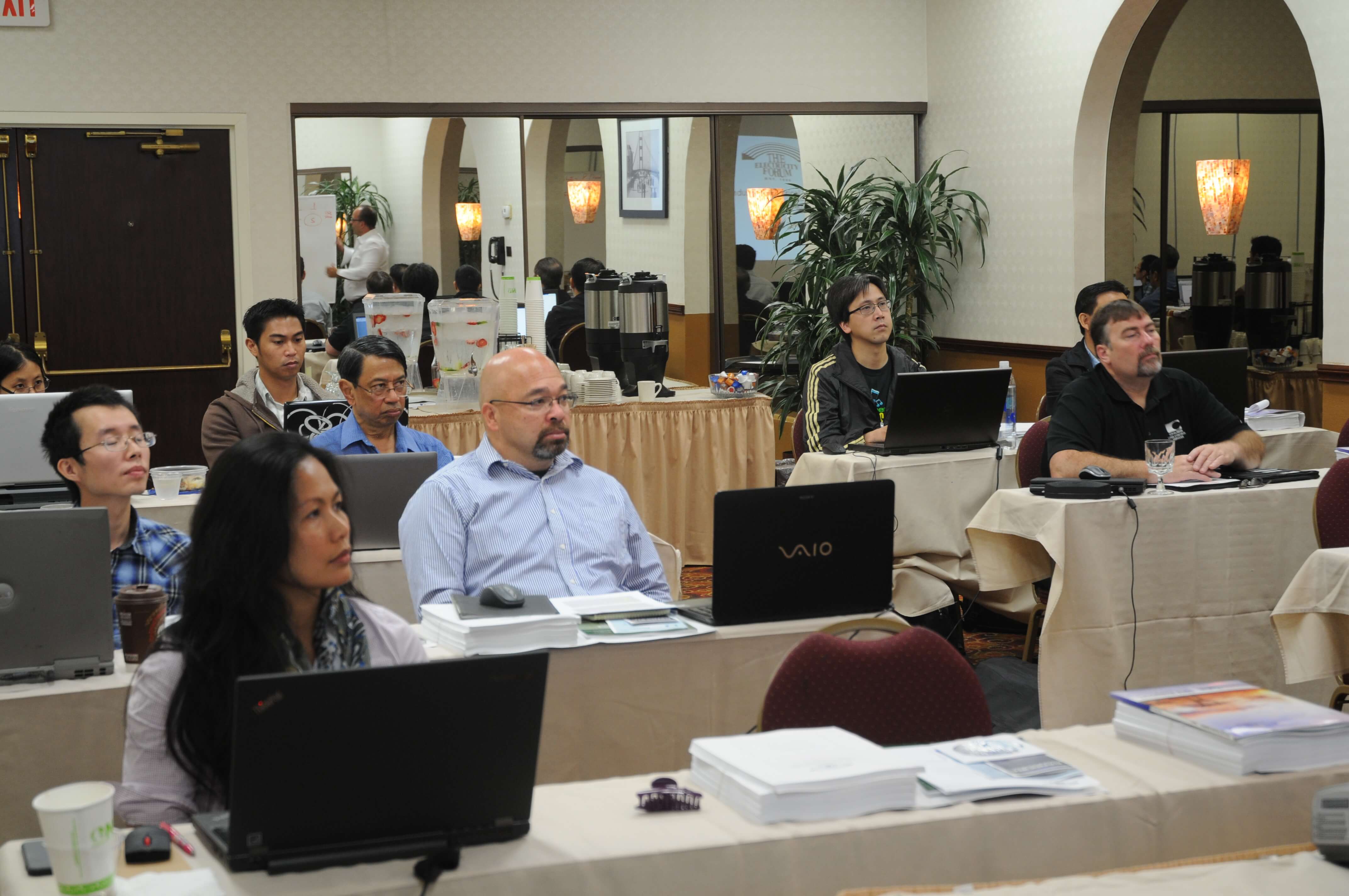

Power generation is no longer the primary domain of electric utilities. Many electrical engineering and maintenance personnel now have the responsibility for non utility generator systems.
How do you know if your generator control problems result from a deficiency in the prime mover or in the voltage regulator/exciter? Perhaps it's neither; maybe you're just facing grid fluctuations. But how do you know?
When it comes to malfunctions in geneators and voltage regulators/exciters and prime movers (and their effects), there's not much information out there for maintenance engineers or electricians. And to make matters worse, the information that is out there is often unnecessarily complicated and hard to follow.
Our 2-Day Generators and Voltage Regulators course is designed to answer many of these questions. It includes a detailed study of power generators and voltage regulators, and the interaction between the two. The course also provides a solid understanding of generator paralleling, VAR flows, and generator/regulator response to changing loads and system voltages. A good working knowledge of polyphase AC theory is recommended as a prerequisite; however, a refresher of the important fundamentals is presented at the beginning of the course.
LEARNING OBJECTIVES
This course is designed to enable participants to:
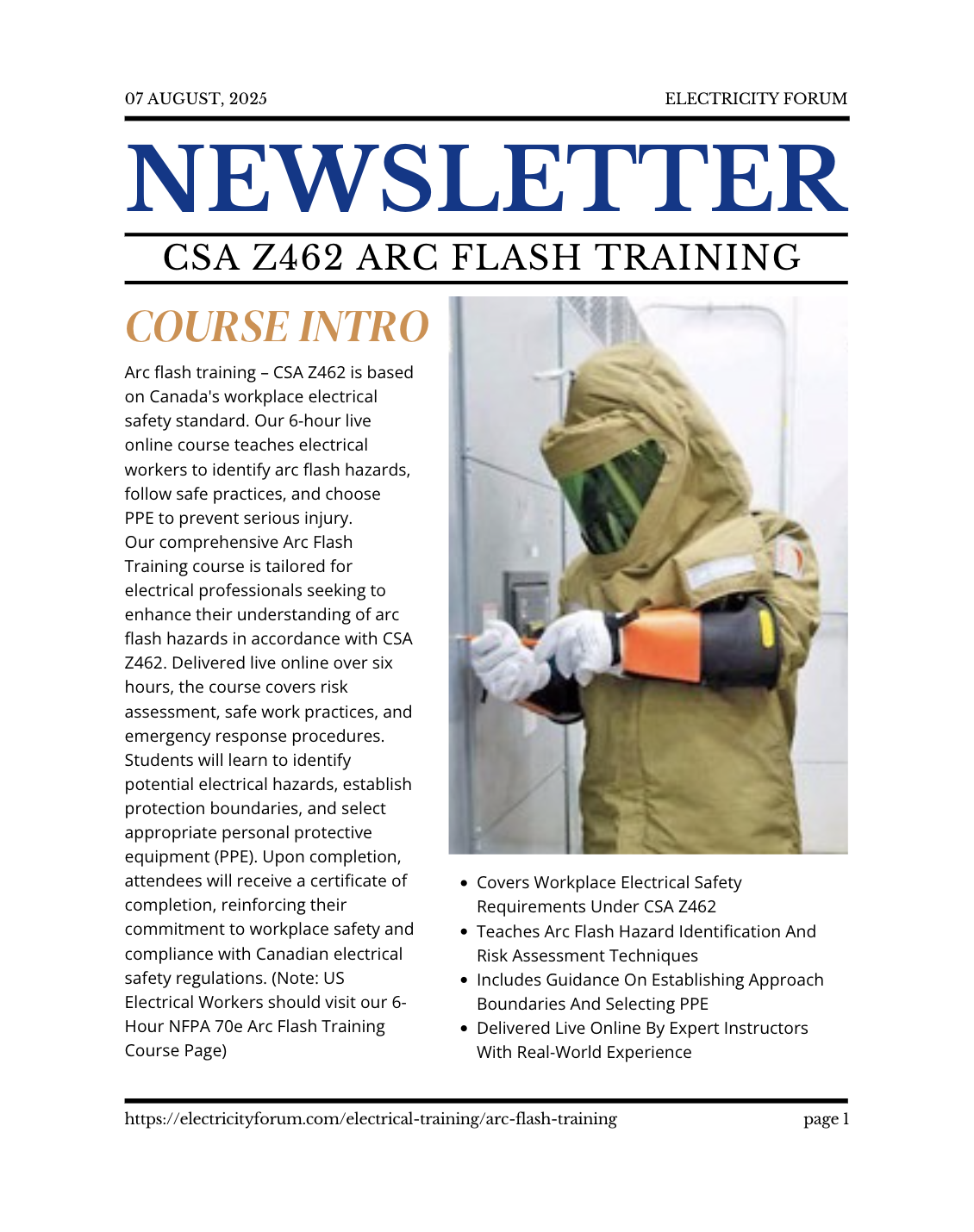
This course is recommended for maintenance technicians, field engineers, and operators who are required to work with fixed plant generation equipment.
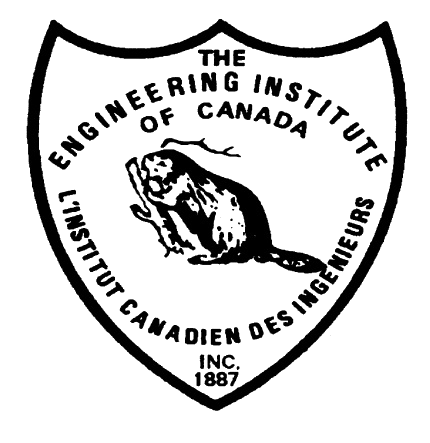
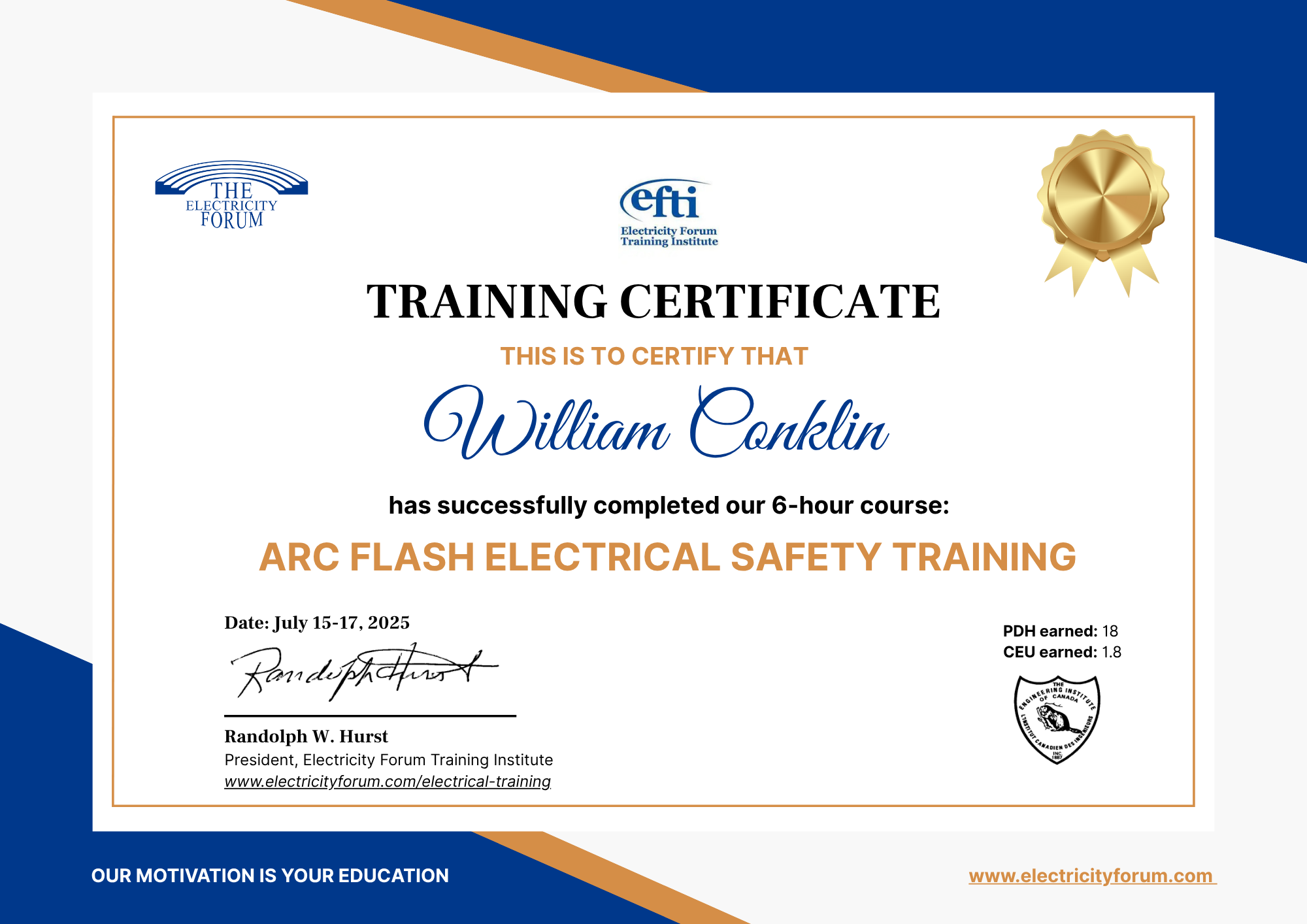
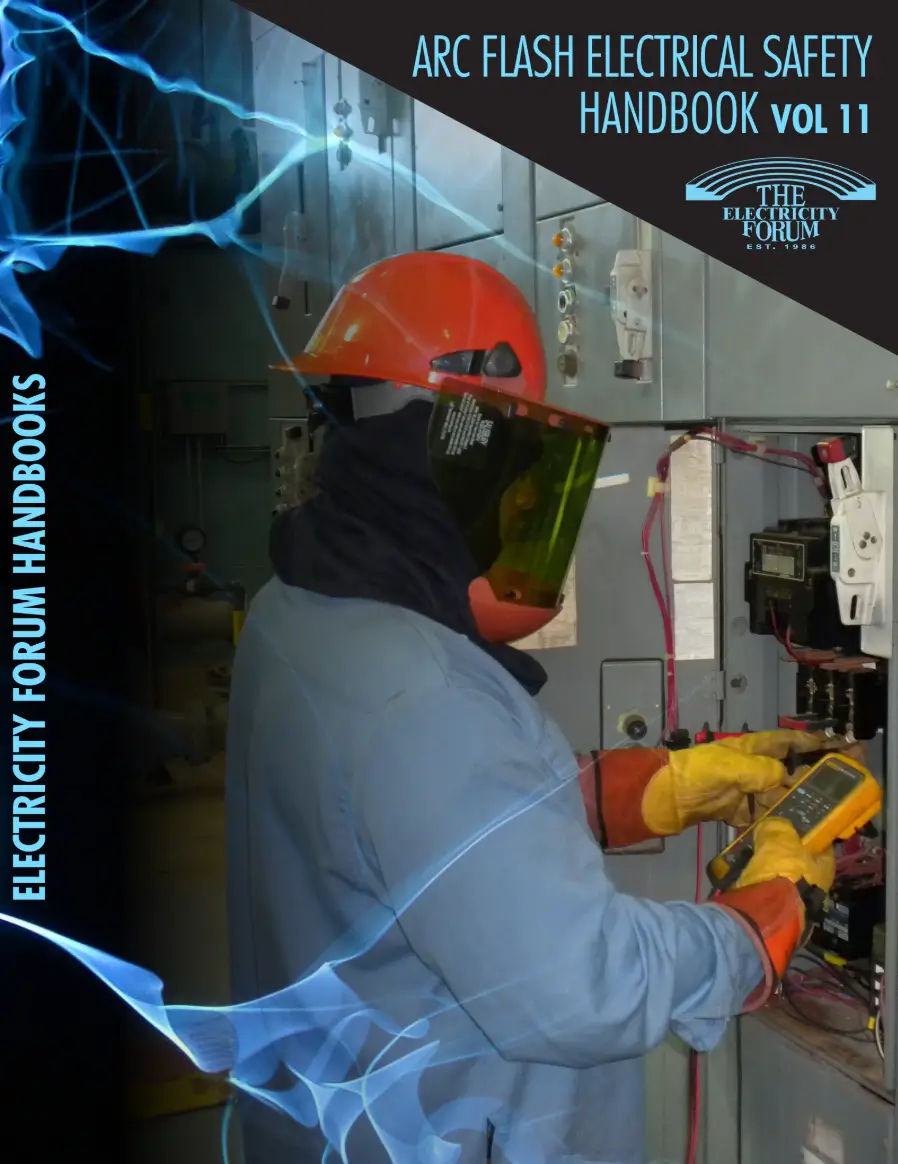


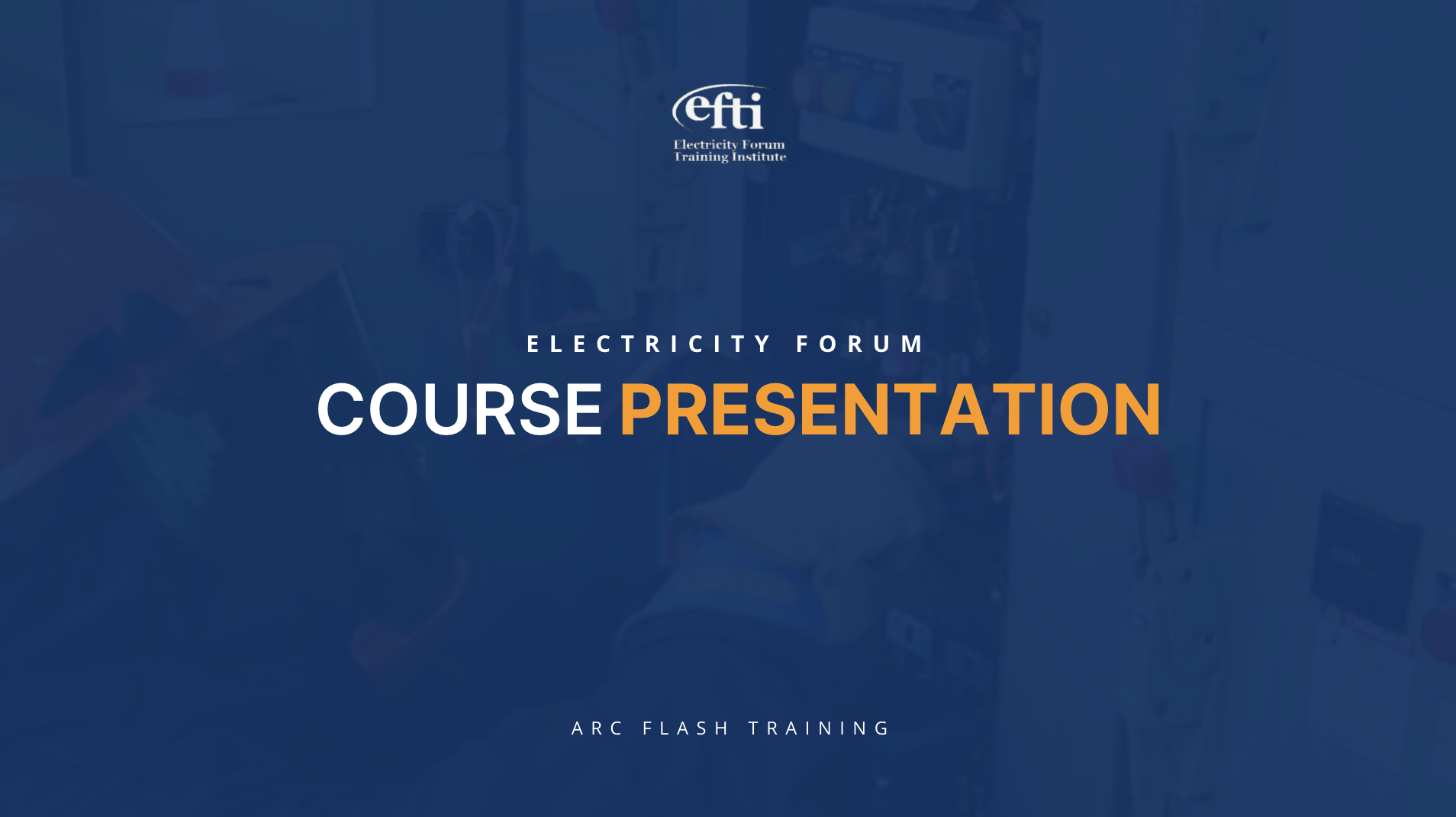
DAY ONE
I. Fundamentals of AC Power
II. Semiconductor Fundamentals
III. AC Synchronous Generators
DAY TWO
IV. Voltage Regulators/Exciters
V. Generator Protection
Questions and Answers
COURSE TIMETABLE
Start: 8:00 a.m.
Coffee Break: 10:00 a.m.
Lunch: 12:00 noon
Restart: 1:15 p.m.
Finish: 4:30 p.m.







Fill out the form below with your name and email address.
Check your email for a message with a link to your $50 discount coupon.
Use the coupon code when you sign up for the Advanced Electrical Safety Training course to save $50 off the regular price.

Register 3 delegates at the full price of $249 each and get the 4th registration free! Perfect for companies, safety departments, and teams looking to train multiple employees at once.

Whether you choose live online or in-person instruction, our electrical training can be customized to your needs and delivered to your team at one or multiple locations.
Our instructors will work with you to assess your team's skills and tailor the training to match your requirements.
Complete this handy form and I will send you a FREE written Quotation on any electrical training you need! Or send me an email and I will contact you to discuss your electrical training requirements Today!
Explore 50+ live, expert-led electrical training courses – interactive, flexible, CEU-certified.
Download Catalog
Get detailed information about this course in our comprehensive brochure.
Download Brochure (PDF)Fill out the form below with your name and email address.
Check your email for a message with a link to your $50 discount coupon.
Use the coupon code when you sign up for the Advanced Electrical Safety Training course to save $50 off the regular price.

Register 3 delegates at the full price of $249 each and get the 4th registration free! Perfect for companies, safety departments, and teams looking to train multiple employees at once.
Explore our comprehensive training programs and find the perfect course for your professional development.
